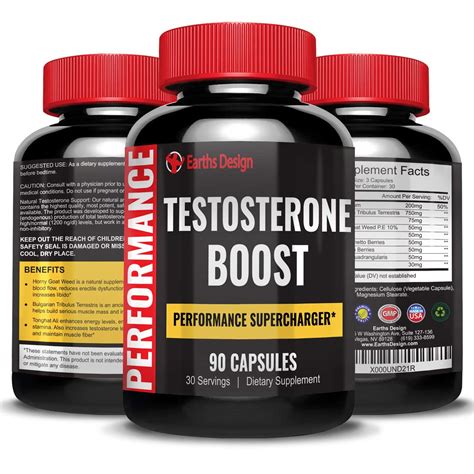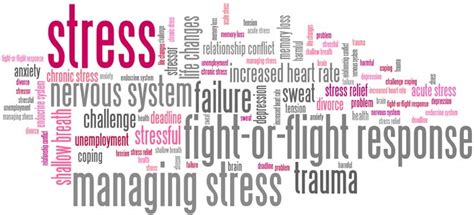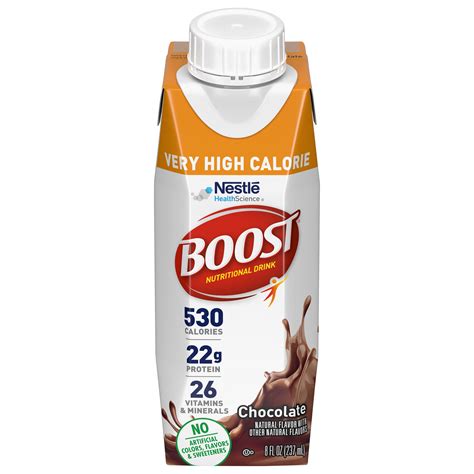Understanding Natural Testosterone and Its Importance
Testosterone, the primary male sex hormone, plays a pivotal role in men’s overall health and well-being. It influences everything from muscle mass and bone density to mood, energy levels, libido, and cognitive function. As men age, testosterone levels naturally decline, often leading to symptoms such as fatigue, decreased sex drive, difficulty building muscle, and changes in mood. While various interventions exist, focusing on natural methods through diet and exercise offers a safe and sustainable pathway to optimize these crucial hormone levels.
Boosting natural testosterone isn’t about quick fixes; it’s about adopting a holistic lifestyle that supports your body’s innate ability to produce this vital hormone. This guide will explore actionable strategies for men to enhance their testosterone safely and effectively, without resorting to synthetic alternatives that can carry unwanted side effects.

Dietary Pillars for Testosterone Optimization
Your diet is a powerful tool for hormone regulation. What you eat directly impacts your body’s ability to produce and utilize testosterone effectively.
1. Prioritize Healthy Fats
Cholesterol, a type of fat, is a precursor to testosterone. Consuming adequate amounts of healthy fats is therefore crucial. Focus on monounsaturated fats (found in avocados, olive oil, nuts, and seeds) and polyunsaturated fats (omega-3s from fatty fish like salmon and mackerel). Avoid trans fats and limit saturated fats, as these can negatively impact heart health and hormone balance.
2. Ensure Adequate Protein Intake
Protein is essential for muscle repair and growth. While not directly boosting testosterone, building and maintaining muscle mass can indirectly support healthy hormone levels. Aim for lean protein sources such as chicken breast, turkey, lean beef, fish, eggs, and plant-based options like lentils and beans. Adequate protein also helps with satiety and blood sugar regulation, both beneficial for overall endocrine health.
3. Boost Micronutrients: Zinc, Vitamin D, and Magnesium
- Zinc: This essential mineral is directly involved in testosterone synthesis. Deficiencies can lead to lower testosterone levels. Excellent sources include oysters, red meat, poultry, beans, nuts, and whole grains.
- Vitamin D: Often referred to as the ‘sunshine vitamin,’ Vitamin D functions as a steroid hormone in the body and has been strongly linked to testosterone production. Spending time in the sun, consuming fatty fish, or taking a high-quality supplement can help maintain optimal levels.
- Magnesium: Magnesium is vital for numerous bodily functions, including muscle and nerve function, blood sugar control, and blood pressure regulation. It also plays a role in increasing free (bioavailable) testosterone in men. Spinach, almonds, black beans, and avocados are good sources.
4. Limit Processed Foods, Sugar, and Alcohol
Highly processed foods, excessive sugar intake, and heavy alcohol consumption can all negatively impact testosterone levels. These items can lead to inflammation, insulin resistance, and increased body fat, all of which are detrimental to hormone balance. Opt for whole, unprocessed foods as the foundation of your diet.

Exercise Strategies to Elevate Testosterone
Physical activity, especially certain types of exercise, is a potent stimulus for natural testosterone production.
1. Embrace Strength Training
Resistance training, particularly using heavy, compound movements, is one of the most effective ways to boost testosterone. Exercises like squats, deadlifts, bench presses, overhead presses, and rows engage large muscle groups and trigger a significant hormonal response. Aim for 3-4 strength training sessions per week, focusing on progressive overload (gradually increasing weight or reps).
2. Incorporate High-Intensity Interval Training (HIIT)
HIIT involves short bursts of intense exercise followed by brief recovery periods. This type of training has been shown to increase growth hormone and testosterone levels. Examples include sprints, battle ropes, or cycling intervals. Incorporate 1-2 HIIT sessions per week, ensuring adequate recovery between sessions.

3. Moderate Cardiovascular Exercise
While strength training and HIIT are excellent for testosterone, moderate cardiovascular exercise still has its place. It improves heart health, reduces body fat (which can increase estrogen and decrease testosterone), and enhances overall fitness. However, avoid excessive long-duration, high-intensity cardio, as this can sometimes lead to an increase in cortisol (a stress hormone) which can suppress testosterone.
4. Avoid Overtraining and Ensure Recovery
More isn’t always better. Overtraining can stress the body, leading to elevated cortisol levels and a subsequent drop in testosterone. Ensure you get adequate rest days between workouts to allow your muscles to recover and your hormones to rebalance. Listen to your body and adjust your training volume as needed.

Beyond Diet and Exercise: Lifestyle Impact
While diet and exercise are foundational, other lifestyle factors significantly influence your testosterone levels.
- Stress Management: Chronic stress elevates cortisol, which has an inverse relationship with testosterone. Practicing stress-reducing techniques like meditation, yoga, spending time in nature, or engaging in hobbies can help keep cortisol in check.
- Quality Sleep: Sleep is when your body repairs, regenerates, and regulates hormones. Aim for 7-9 hours of quality sleep per night. Poor sleep can dramatically decrease testosterone levels, even in young, healthy men. Establish a consistent sleep schedule and create a conducive sleep environment.

Conclusion: A Holistic Approach for Lasting Results
Boosting natural testosterone safely and effectively is a marathon, not a sprint. It requires a consistent, holistic approach that integrates optimal nutrition, targeted exercise, and healthy lifestyle habits. By prioritizing nutrient-dense foods, engaging in strength training and HIIT, managing stress, and getting sufficient sleep, men can empower their bodies to produce testosterone naturally, leading to improved energy, vitality, muscle mass, and overall well-being. Always consult with a healthcare professional before making significant changes to your diet or exercise regimen, especially if you have underlying health conditions or concerns about your hormone levels.




